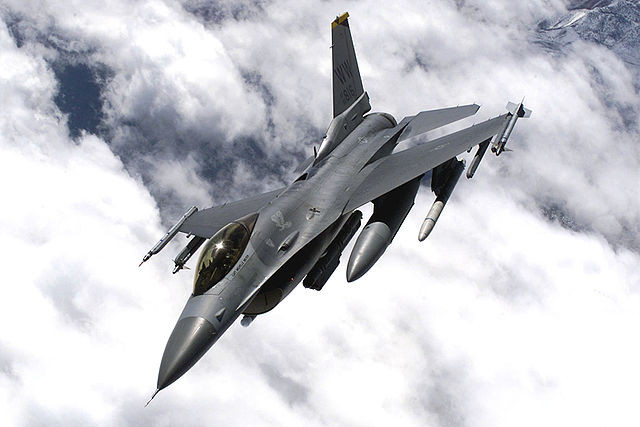Russia announced on Sunday that its forces had captured the town of Novohrodivka in eastern Ukraine, marking one of its most significant territorial gains in nearly two years. The seizure of Novohrodivka brings Russian troops closer to the strategically important city of Pokrovsk, a key logistics hub in the Donetsk region. The capture is part of Russia's broader effort to secure the Donbas area, which President Vladimir Putin has declared as a primary objective after 30 months of conflict.
The Russian Ministry of Defense confirmed the town's capture, stating, "Our forces have successfully liberated the settlement of Novohrodivka." The town, located about 20 kilometers (12 miles) from Pokrovsk, had a pre-war population of over 14,000. Its fall underscores Moscow's ongoing push in eastern Ukraine, where it has intensified military operations following a series of Ukrainian counter-offensives.
This military development coincides with a significant escalation in air strikes by Russia across Ukraine. In the past week alone, Ukrainian President Volodymyr Zelensky reported that Russia had launched over 800 guided aerial bombs, 300 Shahed drones, and 60 missiles at various targets within Ukraine. These attacks have resulted in widespread devastation and significant civilian casualties, with seven deaths reported on Sunday due to Russian rocket and missile strikes across the country.
Amid this heightened aggression, Ukraine has been urging its Western allies to allow it to carry out retaliatory strikes inside Russia, arguing that such actions are necessary to deter Moscow's continued bombardment. Zelensky, in a Facebook post, emphasized the need for more extensive use of Western-supplied weapons, stating, "Terror can only be reliably stopped in one way: by striking Russian military airfields, their bases, and the logistics of Russian terror."
As Ukrainian forces continue their offensive in Russia's western Kursk region, designed to force Russian troop redeployments from the eastern front, Moscow has managed to maintain and even expand its territorial control in the Donbas. The capture of Novohrodivka is a testament to Russia's determination to solidify its hold on eastern Ukraine, despite the ongoing Ukrainian operations aimed at disrupting these advances.
Adding to the tension, Russian military drones have recently breached the airspace of NATO members Romania and Latvia, triggering alarm and calls for a robust response from the alliance. On Sunday, Latvian President Edgars Rinkevics confirmed that a Russian military drone had crashed in eastern Latvia, prompting an investigation. Meanwhile, Romania reported that a Russian drone had violated its airspace during an attack on Ukrainian infrastructure near the Danube River. The Romanian Ministry of National Defense responded by deploying F-16 jets to monitor the situation and issued alerts to residents in two eastern regions.
These incursions have drawn sharp criticism from Kyiv, with Andriy Yermak, Zelensky's chief of staff, demanding that NATO take stronger action. "NATO must respond to the fact that Russian 'Shaheds' feel free to fly in the airspace of European countries. They need to be shot down," Yermak said on Telegram.
The situation has also prompted calls for renewed peace negotiations. German Chancellor Olaf Scholz, speaking on ZDF, emphasized the need for a new peace conference involving both Ukraine and Russia. Scholz indicated that he had discussed the possibility of such talks with Zelensky, and there appears to be a mutual understanding of the need to pursue diplomatic solutions, despite the ongoing hostilities.
However, with Russia continuing to make gains on the ground and intensifying its aerial campaign, the prospects for a ceasefire or peace negotiations remain uncertain. The international community is closely watching these developments, particularly the implications of Russian drone incursions into NATO territory, which could escalate the conflict beyond Ukraine's borders.
The human toll of the conflict also continues to rise. In the past week, Russian strikes have caused significant casualties across Ukraine, with the central city of Poltava reporting an increase in the death toll from an attack on a military education facility, now standing at 58. Additionally, seven people were killed in Lviv, a western city far from the frontlines, in a rare but deadly strike by Russian forces.
As the war grinds on into its third year, the conflict shows no signs of abating, with both sides entrenched in a battle for control of eastern Ukraine.






